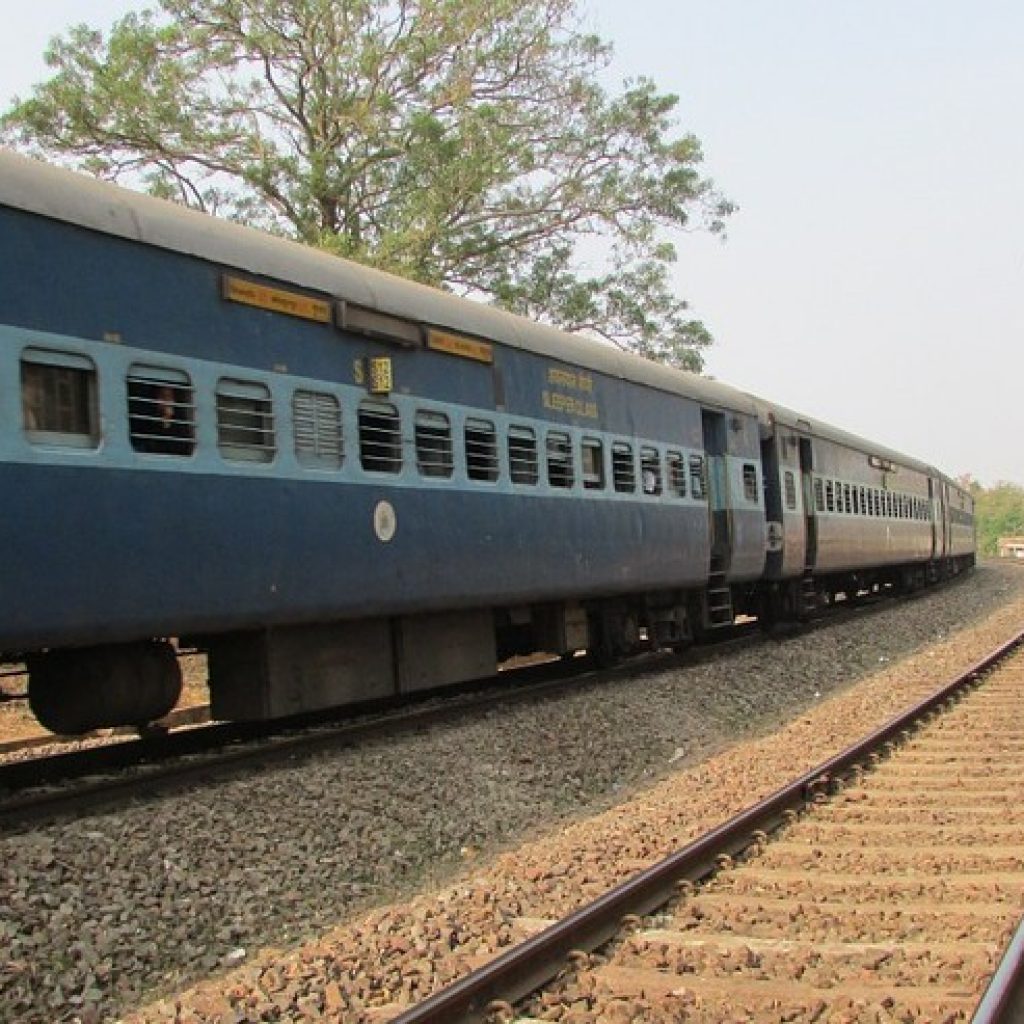
The first trial run for developing a satellite-based system to warn train drivers on unmanned railway crossings was conducted by ISRO scientists in Ahmedabad recently. Scientists at the city-based Space Applications Centre (SAC) are now in the process of commercially developing this system that will be fitted on 50 different trains across the country as a second part of the demonstration project.
Of around 30,000 level crossings of the Railways, as many as 11,000 are unmanned. “An estimated 7,000 people die every year at these unmanned crossings in the country. We have successfully conducted the first test-drive in Ahmedabad for developing a satellite-controlled warning system for the Indian Railways that will alert the train driver well in advance about an approaching unmanned level crossing. Simultaneously, it will also alert the road-users about the approaching train,” Tapan Misra, director of ISRO’s Space Applications Centre, said.
Under this project, a transmitter connected to GSAT-6 (a communication satellite) was mounted at Vastrapur and Sarkhej level crossings. Thereafter, the team boarded a train — fitted with a hooter that was in turn connected with a similar transmitter and a receiver — running between Gandhigram and Moraiya, near Changodar. All the trial runs were conducted in Ahmedabad.
“About 500 m before the level crossings, this hooter went on, warning the train driver about the approaching level crossing. The hooter got louder as the level crossing neared, and finally fell silent after the train passed it by. Similarly, the hooter attached to the transmitter mounted on the railway crossings alerted the road users about the approaching train. We had also used global positioning system and Indian Regional Navigational Satellite System (IRNSS) during this demonstration. After its success, we will soon implement the second phase,” Misra said.
According to scientists at SAC, the project to build warning systems will be taken forward to cover the entire railway network at a later stage. A GIS (Geographical Information Systems) mapping will be done of the entire route and a GIS map will be created. “This will help Indian Railways track each train on its network and also get timely alerts about derailment and accidents,” Misra added. (Source)
